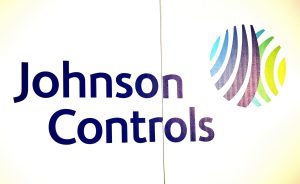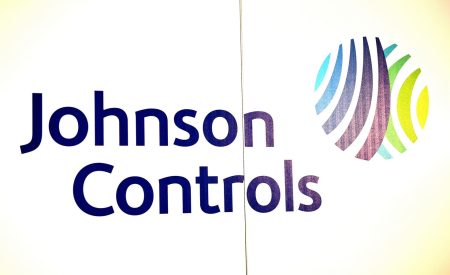Experts advise that individuals weighing a Roth individual retirement account conversion should act quickly to take advantage of potential tax savings within a limited window of time. Roth conversions involve transferring pretax or nondeductible IRA funds to a Roth IRA, allowing for future tax-free growth but resulting in upfront taxes on the converted balance. The decision to convert a pretax balance depends on various factors, with converting early in retirement while income is lower potentially reducing the upfront tax bill.
The optimal time for Roth conversions is typically after retiring and before starting required withdrawals from retirement accounts, as this period is considered the “sweet spot” for such conversions. Leveraging lower income tax brackets through 2025 before potential changes from former President Donald Trump’s tax overhaul is also a key consideration. After a Roth conversion, the individual must pay regular income taxes on the converted amount based on that year’s taxable income. Additionally, Roth conversions can lower the taxable retirement balance subject to future required minimum distributions and eliminate taxes for heirs who inherit the account.
Roth conversions can impact income-related monthly adjustment amounts for Medicare Part B and Part D premiums due to the potential increase in income. IRMAA is calculated based on modified adjusted gross income (MAGI), which includes adjusted gross income plus tax-exempt interest with a two-year lookback period. Since MAGI limits are cliffs, income from a Roth conversion could easily push an individual into the next bracket, resulting in higher Medicare premiums. Understanding and managing these implications is crucial to avoid unexpected increases in healthcare costs as a result of a Roth conversion.
Planning carefully around Roth conversions is essential to maximize potential tax savings while avoiding adverse consequences on other financial aspects. By converting during lower-income years in retirement, individuals can strategically reduce upfront tax bills and minimize future taxable retirement balances subject to required minimum distributions. Considering the impact on Medicare premiums and other income-related expenses is also crucial to ensure that the overall financial strategy aligns with the individual’s goals and objectives. Seeking guidance from financial advisors or tax professionals can help individuals navigate the complexities of Roth conversions and make informed decisions to achieve long-term financial security.
In conclusion, individuals considering a Roth conversion should weigh the potential benefits against the upfront tax implications and other financial factors. Converting during periods of lower income in retirement may offer tax savings and reduce future taxable retirement balances, providing additional financial security in later years. Understanding the impact on Medicare premiums and other income-related expenses is essential to avoid unexpected increases in healthcare costs as a result of a Roth conversion. By carefully planning and consulting with financial professionals, individuals can make informed decisions to optimize their retirement savings and achieve their long-term financial goals.















